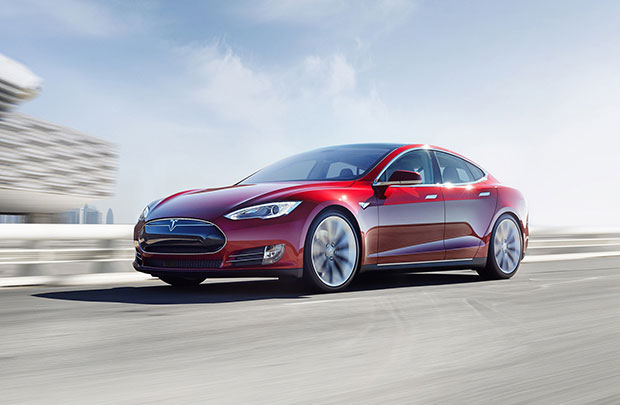Owner Survey Suggests Most Early Tesla Model S EVs Face Premature Drivetrain Failure By 60,000 Miles
The Tesla Motors Model S may be the darling of the electric vehicle world, but it has its fair share of issues. In late October, Consumer Reports yanked its recommendation of the Model S following complaints of reliability issues from customers.
“The main problem areas involved the drivetrain, power equipment, charging equipment, giant iPad-like center console, and body and sunroof squeaks, rattles, and leaks,” wrote Consumer Reports in October. "Complaints about the drive system have also increased as the cars have aged—specifically for the 2013 model, which was the car’s first full model year.”
The reports of drivetrain problems are being echoed by an owner survey conducted by Plug-in America. The non-profit surveyed 327 owners of Model S vehicles and found an alarmingly high failure rate for the electric motors used in the vehicles. Of the 327 owners that were surveyed, there were 77 drivetrain failures reported.

Green Car Reports took the data from Plug-in America and was able to determine that that roughly 60 percent of all 2012 and 2013 Model S vehicles could “expect a drivetrain failure within 60,000 miles."
These numbers don’t exactly paint the whole picture, however. They only account for roughly one percent of all 2012 and 2013 model year vehicles and don’t account for the nearly 100,000 total Model S vehicles that are currently on the road. But then again, when we look at Edmunds, which went through four drive units during its long-term test of a 2013 Model S, there is at least a bit of truth in the numbers.
With that being said, Tesla provided an update in November on vehicle reliability, stating that failure rates have been cut in half. And we also have to take into account Tesla’s more than generous eight-year warranty coverage for drivetrain components. However, while having a long warranty is appreciated, no one likes making unscheduled visits to the dealership for nagging issues, even if it means that you’re paying nothing out of pocket.

